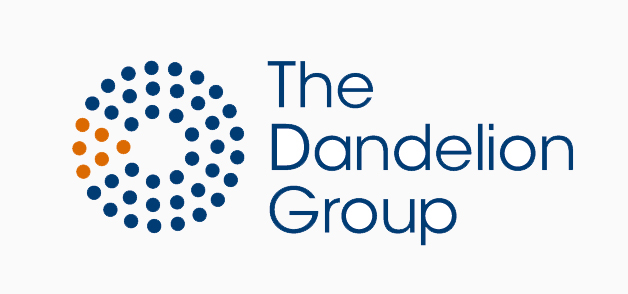Ideas For Europe
What is Ideas for Europe about?
Ideas for Europe (I4E) is a new project that started in November 2022. It aims to boost political participation by developing solutions for and with citizens living in peri-urban and rural areas. Disenchantment with politics and abstention are a growing concern in democracies, with more and more Europeans blaming democracy itself for their social and economic problems. This issue is particularly acute in peri-urban and rural areas, where the Commission warns that 40% of surveyed citizens feel left behind by society and politicians. This phenomenon is accentuated by the speed and targeted manner in which disinformation spreads.
What are you trying to achieve, and where?
I4E will combat the feeling of disenfranchisement by promoting European values and inviting the public to contribute their ideas. The project focuses on Austria, Belgium, Germany, Italy and Poland, yet will also engage citizens in other Member States. The consortium will identify a group of multipliers in its existing networks with access to citizens in peri-urban and rural areas who will collect suggestions that emerge from the project's activities.
What activities will you organise?
I4E will take a threefold approach, focussing on education, empowerment and engagement. The first track aims at generating ideas that further citizenship competencies. The partners will organise capacity programmes on European citizenship education for local actors. Virtual media literacy workshops, where participants learn how to handle disinformation, will complement the former. The second track seeks ideas that do not only empower the educated. Partners will invite citizens to discuss ways to promote active citizenship. These will be put up for feedback at inclusive demonstration debates and shared in trainings with local authorities. Inspired by the diverse set of ideas, multipliers and citizens will finally co-create prototypes strengthening democratic participation, thereby fostering the understanding that citizens can make an impact on politics and social issues.
Who is behind the project?
The consortium organising the activities consists of the following five non-profit organisations:
The European Forum Alpbach (coordinator from AUT)
The Dandelion Group (BE)
Alliance 4 Europe (DE)
The Centre for Democratic Competences (DE)
ALDA, the European Association for Local Democracies (IT)

